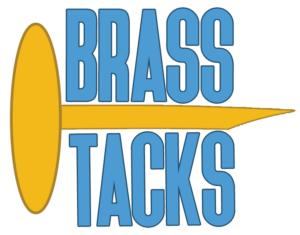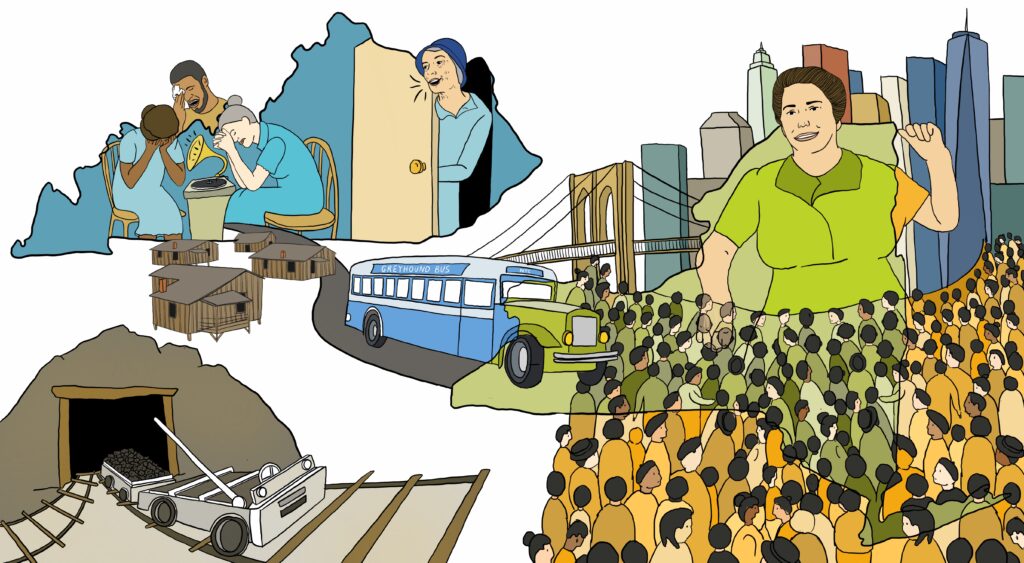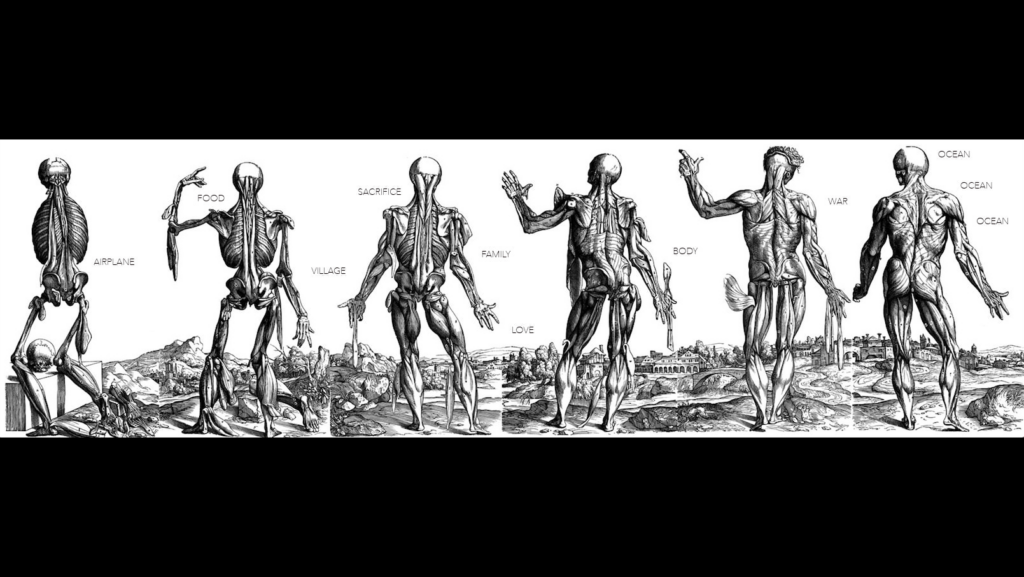 Humanities for the Public Good and Southern Futures are proud to announce a new collaboration aimed at helping students gain confidence and expand their skillset beyond the academy. The Brass Tacks workshops series will feature rotating themed drop-ins and special guest instructors who have on the ground experience in their fields and, where able, live and work locally. The series kicks off with three courses this September and October.
Humanities for the Public Good and Southern Futures are proud to announce a new collaboration aimed at helping students gain confidence and expand their skillset beyond the academy. The Brass Tacks workshops series will feature rotating themed drop-ins and special guest instructors who have on the ground experience in their fields and, where able, live and work locally. The series kicks off with three courses this September and October.
Workshop dates, descriptions and instructor bios are below. Check back for links to register or sign up up for the HPG or Southern Futures newsletters for the latest news updates.
::Sign up for our next workshop HERE::
Brass Tacks Fall 2021
Humanities Storytelling: Conveying Big Ideas Through Compelling Narratives
Friday, September 10th 2:00pm-4:00pm
In this workshop with Dr. Andrew Ali Aghapour, we will learn the basics of storytelling and practice communicating our research to a broad public audience. Join us to explore how storytelling and personal narrative can make you a better public scholar.
Love House Front Porch
410 E Franklin St, Chapel Hill, NC 27599
About the Instructor:
Dr. Andrew Ali Aghapour is a comedian and scholar of religion. His one-person show Zara is about growing up Muslim in the American South. Andrew holds a Ph.D in Religious Studies from UNC-Chapel Hill and is consulting scholar of religion and science at the National Museum of American History. He is the co-author (with Peter Manseau) of the forthcoming Discovery and Revelation: Religion, Science, and Making Sense of Things. More at https://andrewaliaghapour.com.
The Public Scholar: How to Get Your Thoughts and Your Work Into the Public Conversation
Wednesday, 9/22, 7:30-8:30 pm & Wednesday, 9/29, 7:30-8:30 pm
The public discussion of the issues that are changing our lives needs your expertise. But how do you join that conversation? This workshop with Duncan Murrell will take you through the stages of reframing your research for the general audience, finding places to publish your op-eds and essays, coming up with ideas for those op-eds and essays, and developing confidence that what you have to say is of vital interest to the rest of us.
Love House Front Porch
410 E Franklin St, Chapel Hill, NC 27599
About the Instructor:
Duncan Murrell is a writer living in Chapel Hill, North Carolina. He is currently a contributing editor at Harper’s Magazine, The Oxford American magazine, and The Normal School. He has also written for The Highline @ The Huffington Post, The New Republic, Men’s Journal, Mother Jones, Our State Magazine, and Southwest Magazine. His work has been recognized in Best American Essays and he’s been a resident at Yaddo. A graduate of Cornell University, he also has a master’s degree in journalism from Northwestern University, and a master of fine arts degree in creative writing (fiction) from Bennington College.
Murrell is also a freelance editor of novels, popular histories, academic books, monographs, articles, and other projects. As an acquisitions editor at Algonquin Books, he acquired and published dozens of books, including several bestsellers. He’s edited three New York Times bestselling novels, consulted with the University of Georgia Press on a natural history series, and has worked on technical books on everything from sailing to parasitic zoonoses.
From The Ground Up: Building A Podcast That Works For You From Development To Distribution
Tuesday, October 12, 11-1pm
This workshop with multi-hyphenate audio producers Aurelia Belfield and Tamara Kissane digs into key foundational questions for aspiring podcast producers, and lays the groundwork for developing and producing a podcast in your area of choice.
Virtual Meeting via Zoom
About the Instructors:
Aurelia Belfield is a professional multi-hyphenate drawn to storytelling in all mediums. She’s proud to have worked as: a performer in several regional productions and world premieres, a director of theatrical works, a produced playwright, an executive producer of audio works, and a member of The Guild Of Music Supervisors. Her film and television credits include: Netflix, National Geographic, Discovery Networks, and more.
Tamara Kissane is a Durham-based playwright, theatre-maker, parent, and podcaster for Artist Soapbox (www.artistsoapbox.org) currently at 146 episodes. In 2020, Tamara was the Piedmont Laureate and received Outstanding Contribution to the Arts from Chatham Life & Style. She has produced, written, and directed audio dramas including the Declaration of Love Anthology (2020), The New Colossus (2020), Master Builder (2019), Creekside with Winona (2021), and several in development.
Sign up for the Podcast workshop.
Are you a student or faculty member who feels like they’re missing a certain skill? Do you have a great idea for a future Brass Tacks workshop? Be in touch!




